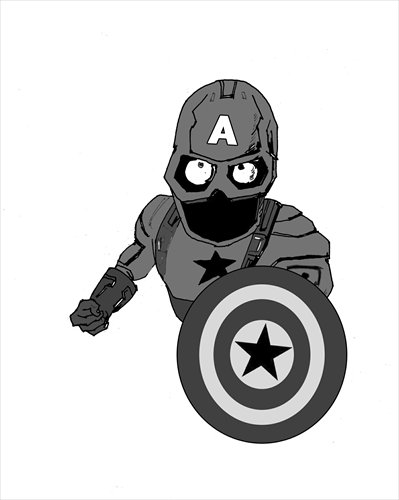How BL culture backfires

Illustration: Luo Xuan/GT
Hey, girls - remember when you started getting into superheroes, an area of fantasy that was once the sole domain of men? Has your boyfriend been surprised to find you've developed a fascination with the prospect of a romance between Batman and Superman? Do you even skip dates with him to hear about the latest goings-on with Captain America?
One of my male friends recently told me that he couldn't imagine how boring his life would be without Marvel heroes and their stories, despite the fact that they seem to repeat the same plot points and archetypes over and over again. There's no mystery as to why this genre appeals to men: it boasts the pursuit of justice, touching examples of brotherhood, high-tech weapons and vehicles as well as dazzling graphic and audio effects, which are all enough to instantly capture the hearts of male audiences.
Yet something different has been titillating female watchers: "Boys' Love," also known as BL, a major trend in contemporary Chinese culture in which fans imagine homoerotic relationships between male characters, fictional or otherwise.
Though BL is a relatively new phenomenon, it dates back to the slash fiction of the early 1970s, a kind of fan fiction that depicted love scenes between sci-fi heroes, such as Kirk and Spock in Star Trek. BL comics started to gain popularity in Japan long before fangirls in China began imagining romances between Korean actors and K-Pop stars.
Known as "character pairing" (CP), such fantasies have become so much a favorite pastime among fans and the media that they routinely appear in the headlines of articles about TV shows and films. It is assumed that if you don't know several slash CPs, you are totally out. So it's no mystery as to why this culture of obsession latched onto the widely marketed Marvel movies, which have been attracting "fujoshi," a term for girls who are big fans of BL stories, and persuading them to buy tickets to check out these new Marvel heroes.
Yet their attraction takes a bit of mental gymnastics: Reading these superheroes' relationships as romantic, or at least tinged with homoeroticism, is a way of subverting their traditional masculinity into something non-gender-normative, or even (by more conservative standards) deviant. Fujoshi might even go so far as to believe that gender equality has been finally accepted in the wider culture, or go even further and say that public taste has come under the control of women.
However, this is nothing but wishful thinking.
No matter how much some audiences would like to interpret the relationships between Western superheroes, or Chinese slash couples such as Hu Ge and Wallace Huo, as romance, their stories emphasize male characters while placing female characters at the margins. In other words, there is a split between production and consumption of these cultural products.
On the one hand, those who control the media continue making movies or TV dramas that cast men as heroes and tell stories revolving around brotherhood; on the other hand, fujoshi, as consumers, try to explain these narratives from the perspective of BL. In that way, fujoshi are continuing to help support a male-dominated cultural industry. Isn't that remarkable?
Now let's see whether Marvel's Captain America: Civil War will give us a new slash couple in May.
This article was published on the Global Times Metropolitan section Two Cents page, a space for reader submissions, including opinion, humor and satire. The ideas expressed are those of the author alone, and do not represent the position of the Global Times.